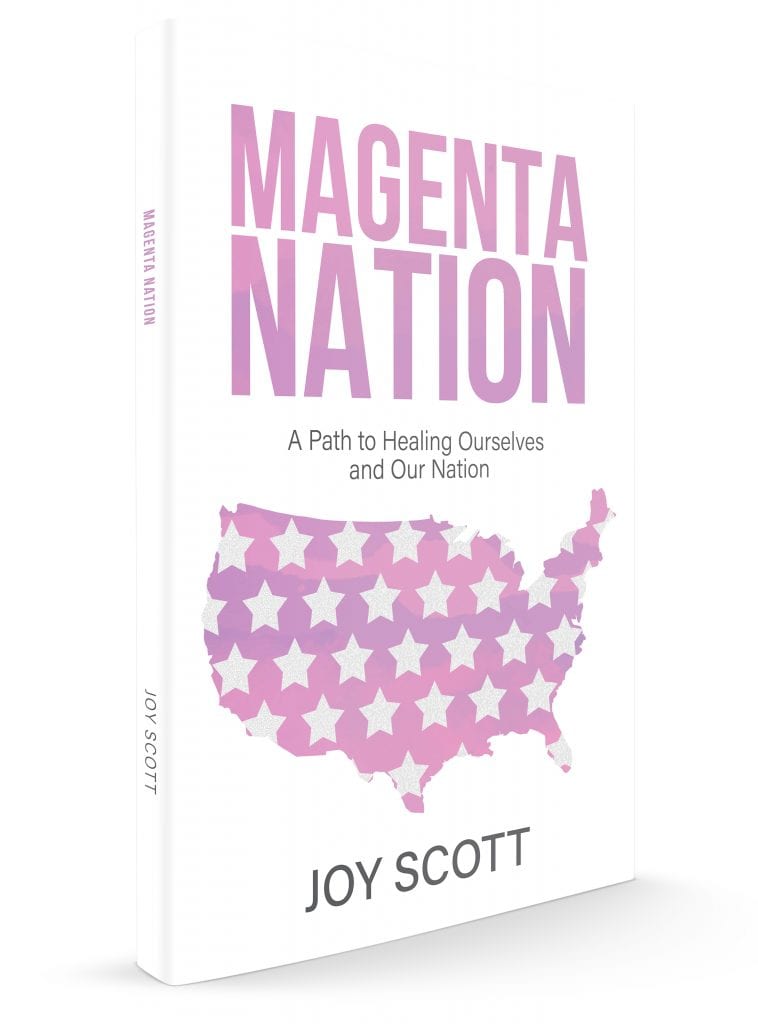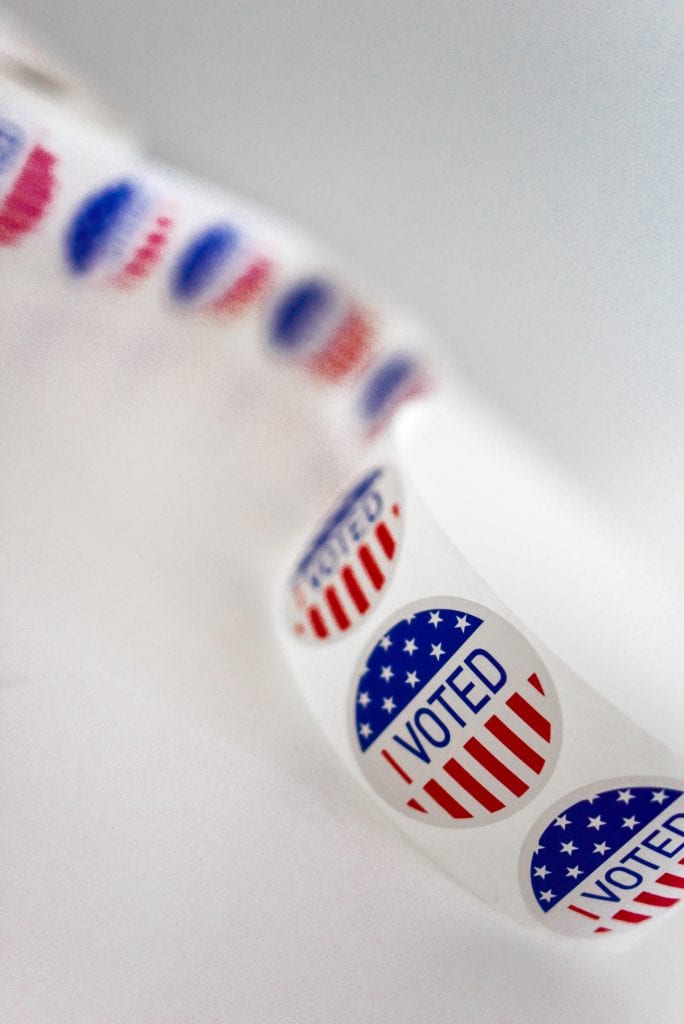
Election day is almost here. If you’re still looking for ways to get the kids involved, here’s a challenge: Turn your stay-at-home doldrums into an interactive civics lesson and lively debates that will inspire your children to become active, engaged citizens.
Why is this important? According to a just-released study by the Knight Foundation, more than 100 million Americans, representing 43% of the eligible voting-age population, did not vote in the 2016 election.
Why don’t they vote? Non-voters are more likely to lack faith in the election system and feel their vote doesn’t matter. They are less engaged with news and feel uninformed. They are busy. They may think voting is a hassle, and they have other priorities. Those who are most likely to vote tend to be older, white and educated. Consequently, candidates who win are more likely to represent the interests of this voting contingent at the expense of other segments of society.
As for young people, they tend to find politics boring and complicated. They are also likely to fall into the “underemployed” segment, as they are just starting their careers and working life. This group is also less likely to vote.
Young voters are more likely to vote if their parents and family do, so discuss current affairs and issues with your children now while they are at home.

Here are some ideas:
Start talking about issues that are important to them. Polls show that the causes teens and young adults are most concerned about are gun control, the environment and race relations. Ask questions about these topics to find out their thoughts. Listen. Respond. Don’t argue.
Find ways that you, as a household, can make a difference in these areas. The easiest way is probably around the environment – recycling, making do with what you have versus buying everything new, refurbishing, walking and riding bikes, growing some of your own food.
Watch TV and movies that will spark conversations. Some powerful examples: “The Hate You Give,” “Bombshell,” “Parasite,” “Gandhi,” “Schindler’s List,” “Hotel Rwanda,” “Saving Private Ryan,” “The Patriot,” “Hidden Figures,” “The Help,” “Dark Waters,” “Invictus,” “Lincoln,” “12 Years a Slave,” “Norma Rae,” “All the President’s Men.”
Watch and read the news yourself. Talk about it. Getting young people to suddenly watch debates or read about politics is a reach. But introducing topics into conversation can spark an interest and get them thinking.
Talk about the candidates and what they stand for. Discuss why non-presidential positions are important. What, for instance, do judges do and how can they influence your life?
And finally, when voting day comes, make it a big deal! It’s as important a milestone as a first communion, a bar mitzvah, getting a driver’s license or an 18th birthday. Our son turned 18 days before a presidential election, and I still feel the pride we all felt, walking down the block to our polling place where the three of us voted, him for the first time.
Joy Scott is author of Magenta Nation. Her website is go-deeper-now.com.

























